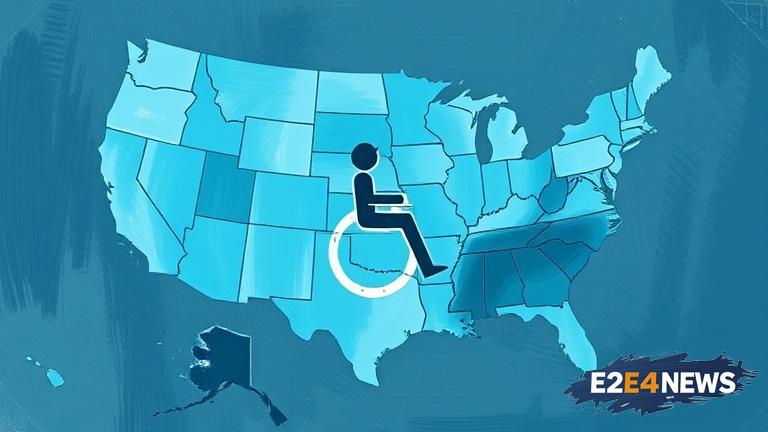The Americans with Disabilities Act (ADA) has been a cornerstone of employment law in the United States, aiming to protect individuals with disabilities from discrimination in the workplace. Recently, a court decision has introduced new defenses for employers facing ADA claims, potentially altering the dynamics of employment litigation. This development is crucial for employers seeking to navigate the complexities of disability accommodations and discrimination allegations. The ADA requires employers to provide reasonable accommodations to employees with disabilities, unless doing so would cause an undue hardship. However, determining what constitutes a reasonable accommodation and an undue hardship has often been a point of contention. The new ruling offers employers additional leverage in arguing against ADA claims, particularly in cases where the accommodation requested would fundamentally alter the nature of the job or impose significant financial burdens. Employers must still engage in the interactive process with employees to discuss potential accommodations, but they now have more robust legal grounds to argue against accommodations that are not reasonable. This shift is expected to influence how employers approach disability accommodations, potentially leading to more conservative decisions on what accommodations to offer. Despite these changes, employers must remain vigilant in their compliance with the ADA, ensuring that they do not discriminate against individuals with disabilities. The ADA’s protections are broad, covering a wide range of disabilities and mandating that employers take steps to ensure equal access to job opportunities. Employers should review their policies and procedures to ensure they are aligned with the latest legal interpretations, including the new defenses available to them. Training for management and HR personnel on the ADA and its requirements is also essential to prevent discrimination and to appropriately respond to accommodation requests. The legal community is watching closely to see how this ruling will impact future ADA claims and the strategies employers will employ to defend against them. As the law continues to evolve, employers must stay informed to maintain compliance and to leverage the new defenses effectively. The ruling underscores the importance of a thorough and documented interactive process between employers and employees discussing accommodations. It also highlights the need for employers to have well-defined policies on disability accommodations and a clear understanding of what constitutes an undue hardship. In light of these developments, legal experts anticipate an increase in litigation as the boundaries of the new defenses are tested. Employers should be prepared to argue their cases with detailed evidence of the efforts made to accommodate employees and the reasons why certain accommodations were deemed unreasonable. The impact of this ruling will vary by industry, with some sectors facing more significant challenges in implementing the new guidelines than others. Nonetheless, all employers must adapt to these changes to minimize the risk of ADA claims. The ADA remains a critical piece of legislation protecting the rights of individuals with disabilities, and while the new ruling offers employers additional protections, it does not diminish the importance of complying with the ADA’s core principles. Employers must balance their legal obligations with the practical realities of operating a business, ensuring that they provide necessary accommodations without suffering undue hardship. As the legal landscape continues to shift, one constant remains: the importance of treating all employees with dignity and respect, regardless of their abilities. By understanding and leveraging the new defenses available under the ADA, employers can better navigate the complex world of disability accommodations and discrimination claims, ultimately creating a more inclusive and equitable work environment.
